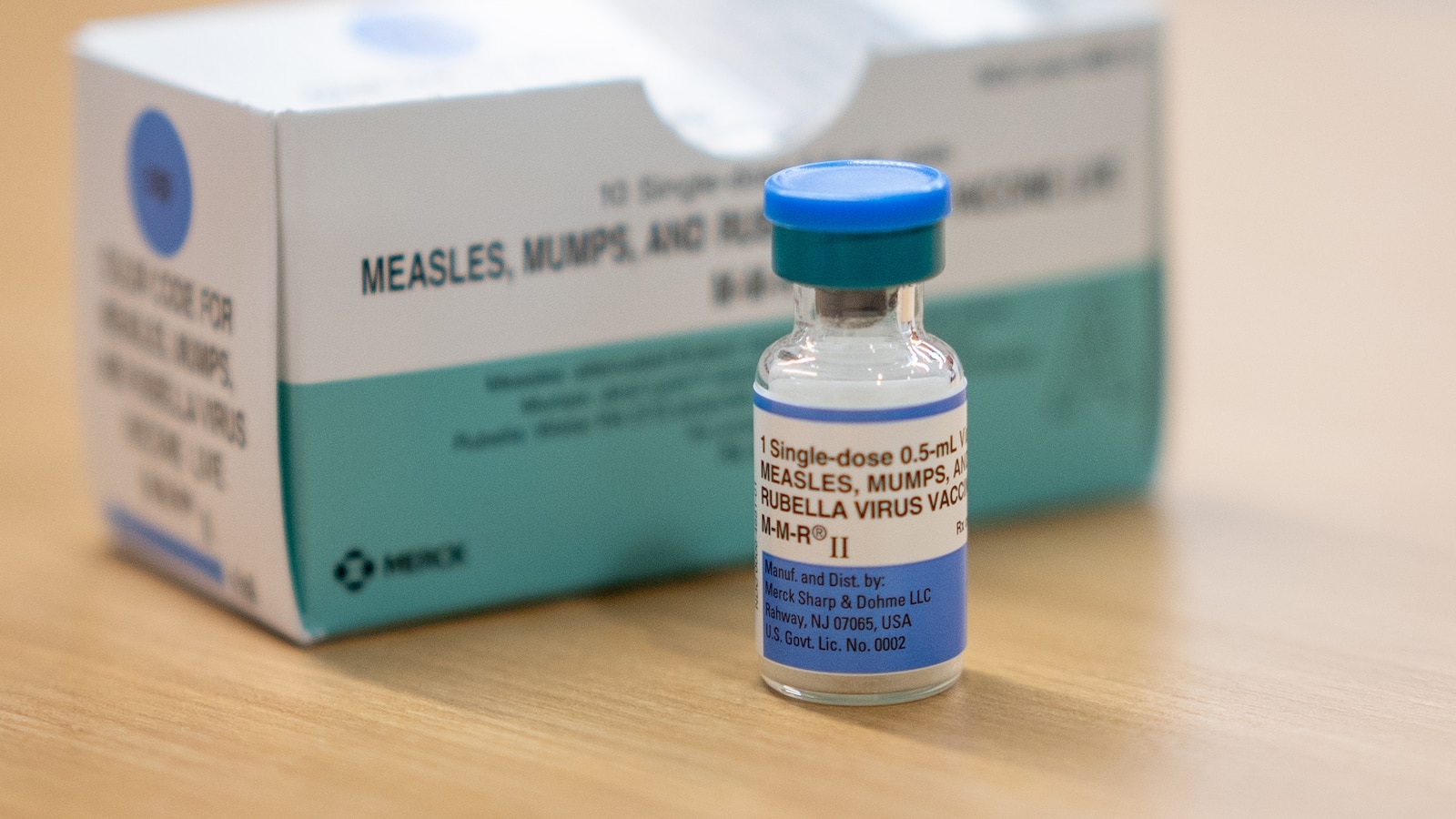Understanding the Surge in Measles Cases: Who Should Consider a Vaccine Booster?
In recent months, the United States has witnessed a marked increase in measles cases, prompting urgent calls from public health officials for various populations to consider additional vaccine boosters. This resurgence raises significant concerns about public health safety and highlights the importance of vaccination in preventing infectious diseases. In this article, we’ll explore the implications of rising measles infection rates and provide guidance on who should consider receiving a vaccine booster.
The Current Measles Landscape
Measles, a highly contagious viral illness, can lead to severe complications, including pneumonia, encephalitis, and even death. According to the Centers for Disease Control and Prevention (CDC), the number of reported measles cases has sharply increased in various states, particularly in communities with lower vaccination rates. The CDC reported a notable uptick in 2023, raising alarm among health professionals.
The increase in cases can largely be attributed to several factors:
- Vaccine Misinformation: The spread of misinformation regarding vaccine safety has led to hesitancy, particularly among certain demographics.
- Global Travel: With international travel returning to pre-pandemic levels, unvaccinated travelers can bring the virus back to communities.
- Declining Immunity: Some individuals who were vaccinated in childhood may have waning immunity, making them susceptible to infection.
Why Vaccination is Essential
The primary defense against measles is vaccination. The measles, mumps, and rubella (MMR) vaccine has been proven effective in preventing these diseases. The CDC recommends two doses of the MMR vaccine for children, with the first dose typically administered between 12-15 months and the second between 4-6 years of age.
For adults, particularly those who were not vaccinated as children or who may have uncertain vaccination histories, the need for a booster becomes crucial in the context of rising measles outbreaks. According to the CDC, one dose of the MMR vaccine is about 93% effective at preventing measles, while two doses are about 97% effective. This high efficacy makes vaccination a cornerstone of public health strategy.
Who Should Consider a Vaccine Booster?
As measles cases surge, several groups should consider receiving a vaccine booster to enhance their protection:
1. Children and Adolescents
Children who have not completed the recommended two doses of the MMR vaccine are at the highest risk. Parents should consult with their pediatricians to ensure their children are up-to-date on vaccinations, especially before school starts.
2. Adults with Uncertain Vaccination Status
Adults who are unsure about their measles vaccination history or who received only one dose should seek a booster. This group includes:
- College students
- Healthcare workers
- Travelers to areas with outbreak reports
3. Pregnant Women
Pregnant women should ensure they are immune to measles before pregnancy. The MMR vaccine is not recommended during pregnancy, but women can receive it postpartum to protect future pregnancies and newborns.
4. Individuals with Compromised Immune Systems
Those with weakened immune systems, such as individuals undergoing cancer treatment or taking immunosuppressive medications, should discuss their vaccination status with their healthcare provider. While vaccination may not always be advisable, these individuals often need tailored guidance to protect themselves against measles.
Addressing Vaccine Hesitancy
Despite the proven efficacy of the MMR vaccine, vaccine hesitancy remains a significant barrier to achieving herd immunity. Public health officials are working to combat misinformation and educate the public about the importance of vaccinations. Here are some strategies being employed:
- Community Engagement: Health departments are partnering with local organizations to host informational sessions and Q&A events about vaccine safety.
- Social Media Campaigns: Utilizing social media platforms to share factual information and testimonials from healthcare professionals.
- Access to Vaccination: Increasing access to vaccines through free clinics and educational outreach in underserved communities.
The Role of Healthcare Providers
Healthcare providers play a vital role in addressing vaccine hesitancy. They can help by:
- Listening to Concerns: Taking the time to understand patients’ fears and hesitations can foster trust.
- Providing Evidence-Based Information: Sharing clear, factual information about the risks of measles and the benefits of vaccination.
- Encouraging Vaccination: Actively recommending vaccines during routine healthcare visits can prompt individuals to take action.
Conclusion: A Call to Action
The surge in measles cases serves as a stark reminder of the importance of vaccinations in protecting public health. As communities grapple with this rising threat, it is crucial for individuals, families, and communities to assess their vaccination status and take proactive steps to protect themselves and others.
For those eligible, receiving a booster dose of the MMR vaccine can significantly enhance immunity and contribute to broader community protection. In the fight against measles and other preventable diseases, collective action and informed decisions are our best tools. Remember, vaccination is not just a personal choice; it’s a community responsibility.
In summary, as measles cases rise, understanding who should consider a vaccine booster is essential in safeguarding public health. By staying informed and proactive about vaccinations, we can help prevent the spread of measles and protect our communities.
See more WebMD Network



